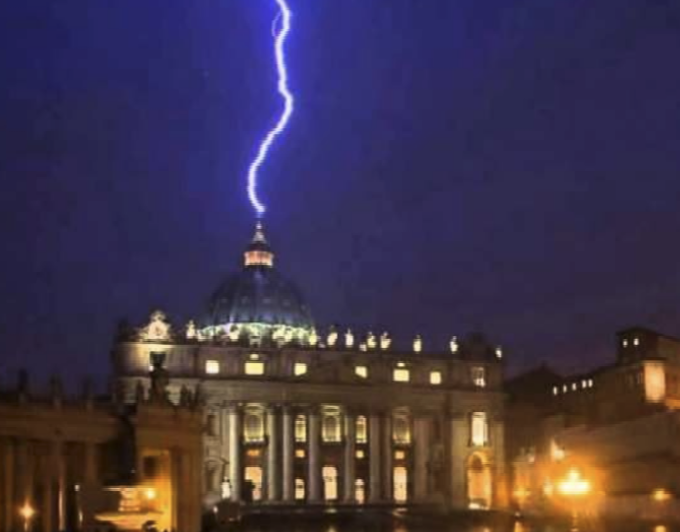QUESTION:
Is religious faith compatible with scientific thinking?
THE RELIGION GUY’S ANSWER:
The question above was the headline with a November 14 PsychologyToday.com article by Joseph Pierre, a clinical professor of psychiatry at the University of California, San Francisco — the latest of so many that address this perennial issue.
His answer was yes or no, depending. Atheists may say no, period. As we’ll see, many prominent scientists have replied with a yes.
Pierre explains that “many of our beliefs are difficult, and sometimes impossible, to falsify,” and religion seeks to offer satisfactory answers for many such scientific “unknowns.”
Examples: Does God exist? What happens when we die? With these kinds of inevitable questions humans ask, faith believes “in the absence of evidence” as science understands that term.
In his outlook, the best way to hold faith-based beliefs is to acknowledge “the possibility of being wrong” and allow “room for others to have different beliefs” without confusing faith with “absolute truth.” But, needless to say, most religions and most religionists do hold to absolutes.
He continues that “religious faith doesn’t have to involve denialism,” defined as rejection of the existing scientific evidence due to religious faith, as with those he labels “fundamentalists.” A typical example would be the “young Earth” creationists, whose literal interpretation of the Bible rejects science’s long-held conclusion that our universe and home planet have existed for billions upon billions of years.










